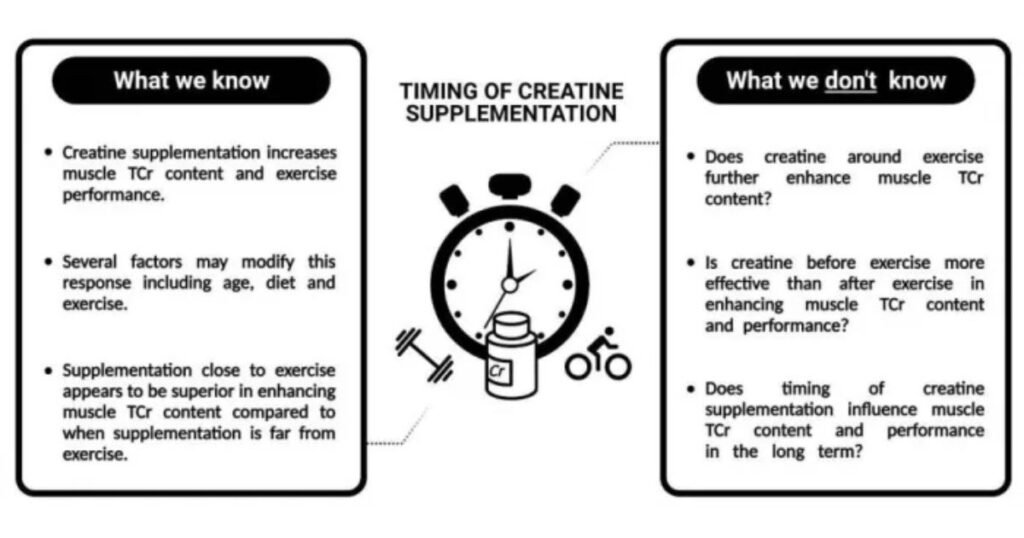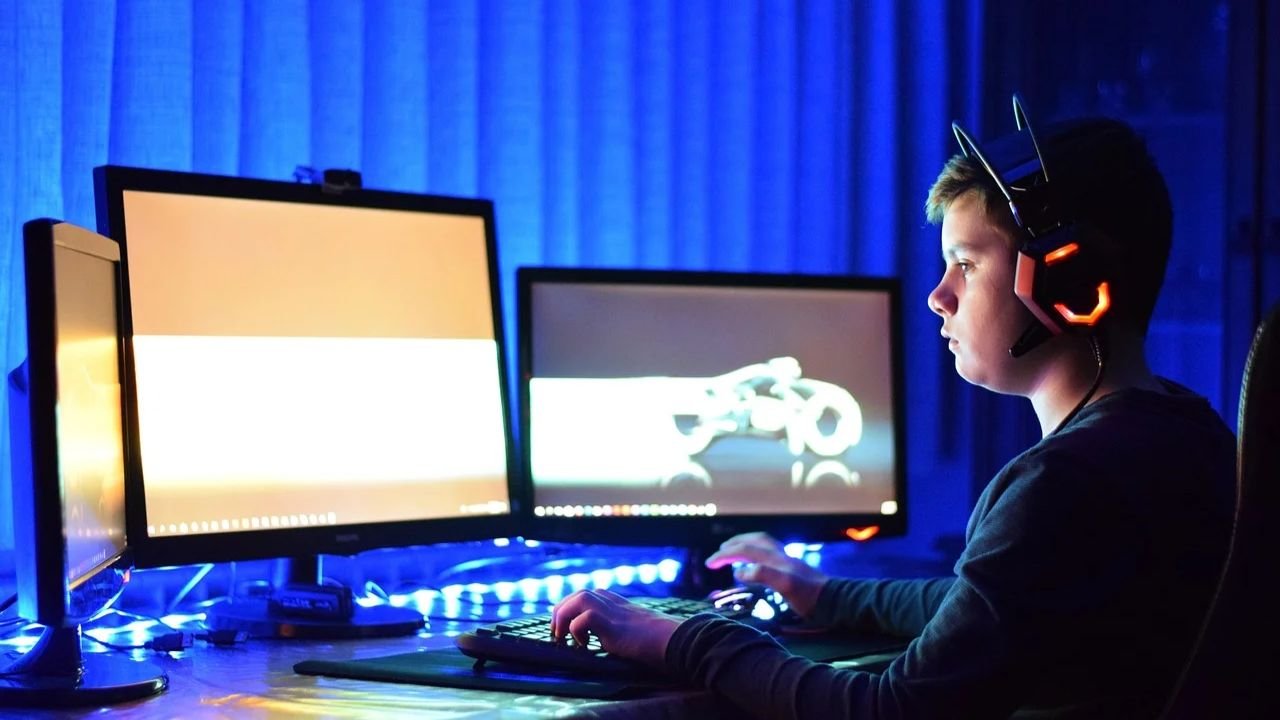Creatine is one of the most trusted supplements for people who go to the gym, athletes, and fitness enthusiasts. It helps improve performance, strength, and muscle growth. But one common question people ask is – creatine on empty stomach? This question has created a lot of debate among fitness lovers. To clear your doubts, this article explains everything in simple and easy language about what happens when you take creatine on an empty stomach, how it works, its benefits, possible side effects, and the best way to use it.
Table of Contents
What Is Creatine and How Does It Work?
Creatine is a natural product that is contained in foods such as fish and red meat. Creatine is also produced in small quantities naturally in our body, in the liver and kidneys. It assists in the formation of ATP (Adenosine Triphosphate) which is the primary source of power to our muscles.
During intense exercise such as weight lifting or sprinting, the muscle requires more ATP. Creatine provides the added advantage of ensuring your body can regenerate ATP very fast, enabling you to work harder and stay longer in your exercise sessions.
Creatine monohydrate is the most frequently used and successful type of creatine. It has been researched for years and has been shown to increase power, muscle mass, and performance. When you consume creatine, it gets into your muscles and fuses with a phosphate molecule to be phosphocreatine. This is a store of energy that is ready to be utilized by your body in the course of exercise.
Another effect of creatine is that water retention within the muscle cells is also enhance, and thus the muscle cells appear fuller and assist in muscle growth over a long period.
Can You Take Creatine on an Empty Stomach?
Yes, we can take creatine when our stomach is not filled. It is usually healthy and effective for the majority of individuals. The results and effects, however, may be different between individuals. There is easy absorption of creatine without food by some individuals, whilst it causes a slight stomachache to others.
When ingesting creatine on empty stomach?, the digestive tract assimilates faster since you do not have any food that slows down the process. Nevertheless, the likelihood of stomach upset in conservative people could also rise.
Unless you are used to creatine, your stomach might require time to adapt. A lower dose is better to begin with, and enough water should be taken to keep the body hydrated.
Does Creatine Work Better With Food?
Some studies suggest that taking creatine with food, especially carbohydrates, may slightly improve absorption. This is because carbohydrates increase insulin levels, which helps transport creatine into your muscle cells more effectively.
However, the difference is small. Even if you take creatine without food, your muscles will still absorb and use it over time. So, if you prefer working out in a fasted state or don’t like eating before your workout, taking creatine on empty stomach? is perfectly fine.
Is It Safe to Take Creatine Without Food?
For most people, creatine on an empty stomach is safe. But in some cases, you might experience mild side effects such as:
- A slight burning or bloating sensation in the stomach
- Nausea or cramps
- Loose motion (in rare cases)
These side effects usually occur if you take a large dose or don’t drink enough water. Creatine draws water into the muscles, so staying hydrated is important.
If you face any discomfort, simply start taking creatine with a small snack, fruit juice, or after a meal. Over time, your body will adapt.
Why Do Some People Take Creatine on an Empty Stomach?
Individuals that train early in the morning or practice intermittent fasting tend to take creatine on an empty stomach. It is a part of their routine and a way of keeping them up when they are working out.
The creatine can be absorbed more quickly when taken without any food in the stomach. This can give you an immediate burst of energy and strength to your muscles even before you start your training.
This is one way that creatine may be taken by the fasted workout person, as it will not violate the fast or provide additional calories.
Does Taking Creatine on an Empty Stomach Cause Stomach Problems?
In others, there is a slight stomach discomfort associated with taking creatine without consuming any food. This is because creatine draws water in your muscles and intestines and this can result in a small amount of bloating or cramping.
These symptoms can be more pronounced in case you have a large dose (e.g. during the loading phase, when people are to take 20 grams per day). To avoid this, it is preferable to divide your doses into small portions all through the day and consume a lot of water.
The digestive system of every person is different. In case of persistent stomach ills, take creatine after a meal.
When Is the Best Time to Take Creatine?

There is no strict rule about when to take creatine. You can take it at any time that suits you. However, here are some simple timing suggestions:
- During the loading phase: Take small doses several times a day to help saturate your muscles faster.
- Post-workout: Many people take creatine after a workout because your muscles are more receptive to nutrients.
- Anytime daily: If you prefer a simple routine, take it at the same time every day. The key is consistency, not timing.
Pros and Cons of Taking Creatine on an Empty Stomach
| Feature | Pros | Cons | Explanation |
| Absorption | May absorb faster without food | May cause mild discomfort in sensitive people | Food slows digestion, but not overall creatine effectiveness |
| Bioavailability | Works effectively either way | No major difference | Total creatine reaching muscles stays the same |
| Stomach Comfort | Light feeling if you have no issues | May cause cramps or nausea | Depends on individual tolerance |
| Insulin Response | N/A | Food can slightly improve uptake | Insulin from carbs can support absorption but isn’t necessary |
| Convenience | Perfect for fasted workouts | N/A | Easy for morning trainers or busy schedules |
| Hydration Needs | N/A | May feel dehydrated if you drink less water | Creatine draws water into muscles, so hydration is key |
Should Beginners Take Creatine on an Empty Stomach?
Beginners can take creatine on an creatine on empty stomach safely, but starting slow is recommended. Begin with a smaller dose (3–5 grams) once a day, and always drink plenty of water.
If your stomach feels uneasy, take creatine after breakfast or with a small snack. Over time, your body will adjust and absorb it efficiently.
Can You Mix Creatine With Coffee or Juice in the Morning?
Yes, you can mix creatine with coffee or juice. Mixing it with fruit juice (especially one that has natural sugars) can improve absorption slightly because of the insulin response.
If you want to mix creatine with coffee, that’s fine too, but don’t drink them together too often. Some studies suggest that caffeine might slightly reduce creatine’s effectiveness for a few people. To stay safe, take them at least 30–45 minutes apart.
Tips for Taking Creatine Effectively
To make the most of your creatine supplement, here are a few simple tips:
- Stay consistent – take it every day, even on rest days.
- Drink plenty of water – at least 3–4 liters daily.
- Choose creatine monohydrate – it’s the safest and most researched form.
- Avoid taking very large doses at once. Split them if needed.
- Combine with a balanced diet and a proper workout plan for the best results.
Conclusion
Therefore, is it possible to use creatine on empty stomach? Yes, you can. It is non-toxic, efficient and convenient to many individuals. When one uses creatine on empty, it may assist in quicker absorption of the substance, but to others, it can lead to some stomach pangs. The biggest factor is consistency- it is the matter of taking your creatine every day that is more important rather than the time or the issue of eating before taking creatine.
Whenever you are not comfortable, then just have it with a meal or a light snack. Always keep yourself hydrated and allow the body to adapt. Creatine is a perfect supplement to keep your fitness routine, training loads, recovery rates, and muscle building more effective.
Plan it as you want to fit into your fitness schedule now–just create a schedule that suits you best and follow creatine every day.
Read Our More BLogs: Top 10 Healthiest Yogurt Brands for Gut and Nutrition



